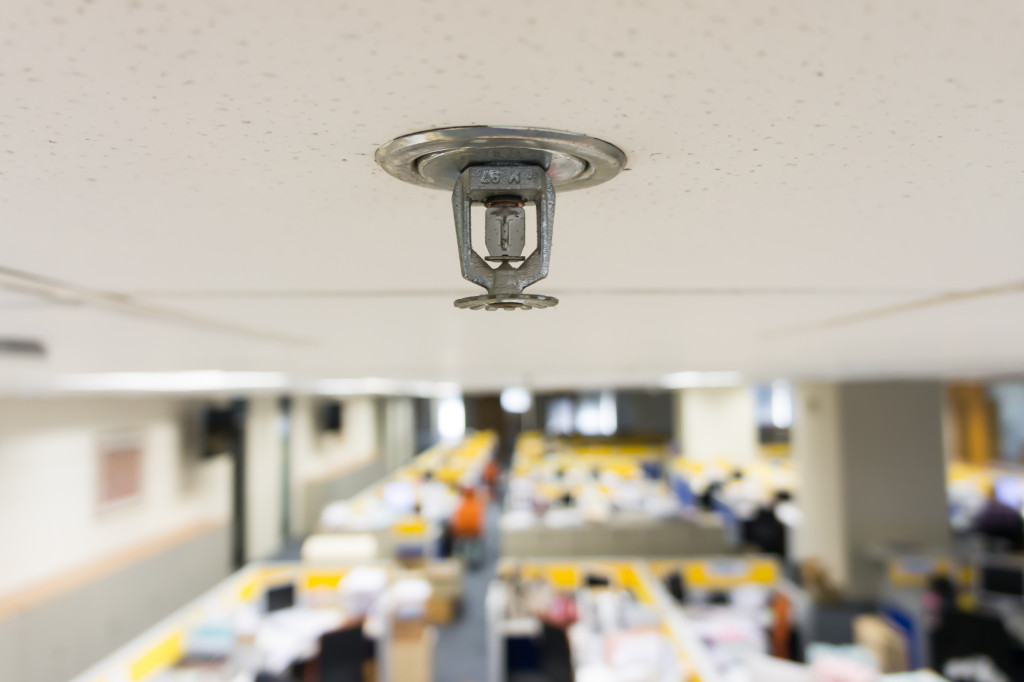Accidents can happen at any time. You’ll never know where and when they’ll strike. However, what you can do is exert what little control you can in a bad situation and try to prevent it from happening altogether, or at least, to control the extent of the damage. When it comes to businesses, you especially don’t want all of your investments to go up in flames with it or for it to all get stolen away. Therefore, here are seven ways to disaster-proof your business and prepare it for anything that might come your way.
1. Get business insurance
Getting insurance for your business should be the top priority when you open a new one. Business insurance is a catch-all safety net that can cover most losses and expenses that go into fixing those losses. It might not help prevent disasters from happening altogether, but you can use it for damage control to help keep your business afloat even after a devastating loss.
Be sure to ask your financial advisor or insurance agency about the types of insurance you can apply for in your business’ name and exactly what kind of damages it covers. It’s best to get insurance covering all types of property loss and damage instead of just a few. After all, you don’t really know what might happen.
2. Invest in a generator
In case of a blackout, it’s always best to have a backup source of electricity. If your business relies on online services or any electrically powered devices or programs, having a backup generator to provide for it can keep you from losing any important files and keeping your operation running. Sure, it might be a hefty investment, but it’ll save you a lot of time and despair in the future.
3. Prepare an emergency kit
It’s always handy to have a first aid kit on business premises for you, your employees, or any clients. But it’s just as important to have a kit for other emergencies, such as natural disasters. A complete emergency kit should include first aid, a flashlight, a radio, extra batteries, non-perishable food, drinking water, and medication, among others. While the probability of such catastrophes may be unlikely, depending on where your business is situated, it still pays to be prepared.

4. Install an alarm and sprinkler system
Now here’s a disaster that is more likely to happen to any business — a fire. If you’re not careful, a fire can happen at any time and at any place. Even if it doesn’t start in your store, if you’re located near the source and don’t have a firewall or any other way to prevent it from spreading, your business could just as easily catch fire, too.
Thankfully, due perhaps to it being a common occurrence, fires are easily preventable and extinguished. You can install a smoke alarm or an automatic sprinkler system that’ll go off when a fire is detected. In fact, all businesses must have a fire alarm before they’re permitted to operate.
5. Install CCTV cameras and security windows
Next to a fire, a burglary is another of the most common disasters a business or office can face. Preventing a burglary can be as easy as making sure that all your doors and windows are locked before you leave the building and installing sliding grills over them to ensure that nobody can get to them and pick the locks. But you can never be too careful.
You can install security films for your windows to prevent them from getting shattered. Having a CCTV system in place helps to track any suspicious people lurking on your premises and might even deter robbers from targeting your particular store. In the event of a break-in, having CCTV cameras to cover all store areas can help you identify the thieves, what they stole, and where they could have gone.
6. Give your spare key to someone you trust
If you have a few employees that you trust, give your spare key to them, or at least to a family member or friend that you can count on. Not only will this ensure that you have a backup plan in case you lose your own key, but giving it to someone you trust can prevent any break-ins and security breaches. If you’d rather keep the spare key close, you can store it someplace only you know or keep it close to yourself at all times. Of course, the best way is just to make sure not to lose your key, but accidents can happen, and it’s best to have a backup.
7. Back up all your data
If your business has a lot of data stored in your office PCs and hard drives, make sure to have them all backed up to the cloud or on external hard drives that you keep safe somewhere. Viruses, PC crashes, and hackers can easily corrupt or delete these files. It might be tedious to have every single new file or document backed up, but you’ll be thankful that you did when something happens to your computers.
Thankfully, backing up files on the cloud has never been easier, as there are plenty of applications that automatically back up your files for you as long as you have consistent wifi.
Conclusion
Disaster-proofing is all about prevention and preparing for the worst possible scenario before it’s even happened. You can never be too careful when it comes to the safety and protection of your business and its integrity.


